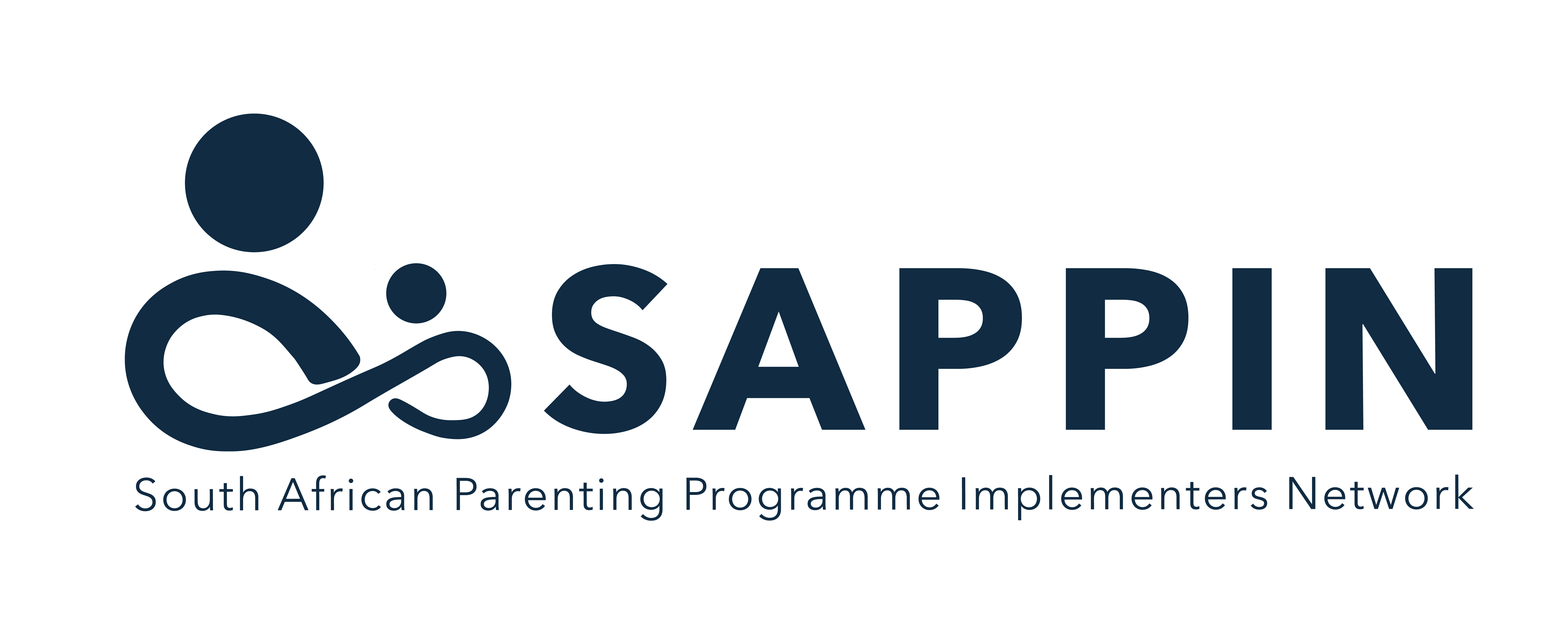


As of June 2023, the Ububele Educational and Psychotherapy Trust launched a Research Division, appointing Dr Nicki Dawson as the Research, Development, and Training Lead. The division was started with the aim of delving deeper into the local contextual and cultural nuances of child development theory, measurement and intervention. This information has been uncovered through years of clinical experience attempting to integrate international research with local experience.
Ububele's creation of this new division has been years in the making. Driven by a passion to showcase the impact of their projects and share invaluable insights with fellow organizations, government bodies, and benefactors, the organization recognized the necessity for a dedicated research arm. While possessing research skills within the team, time constraints hindered their ability to fully explore these avenues. Prior attempts at collaborations with universities often revealed a mismatch in objectives and at times resulted in a skewed power dynamic. The decision to establish an internal research position thus created an opportunity for Ububele to play a bigger role in steering the research agenda in alignment with their goals, ethos and daily practices, and transform the civil society organisation from research participants into valued co-creators.
Looking forward, the path is clear yet challenging. Navigating research outside of the infrastructure of a university is difficult. Despite this, securing funding for ongoing research initiatives has shown promise, and key partnerships are being carefully curated. The imminent recruitment of a research intern marks a pivotal step towards the division's growth trajectory. Additionally, the collaboration with Stellenbosch University, where Dr Nicki Dawson has been appointed as an honorary lecturer, has provided crucial support and access to necessary infrastructure. Challenges around funding the dissemination of results are yet to be overcome. Nevertheless, the journey to transform the insights of civil society organisations into tangible scalable change continues, setting the stage for a future where research is increasingly relevant and more readily catalyses societal transformation.